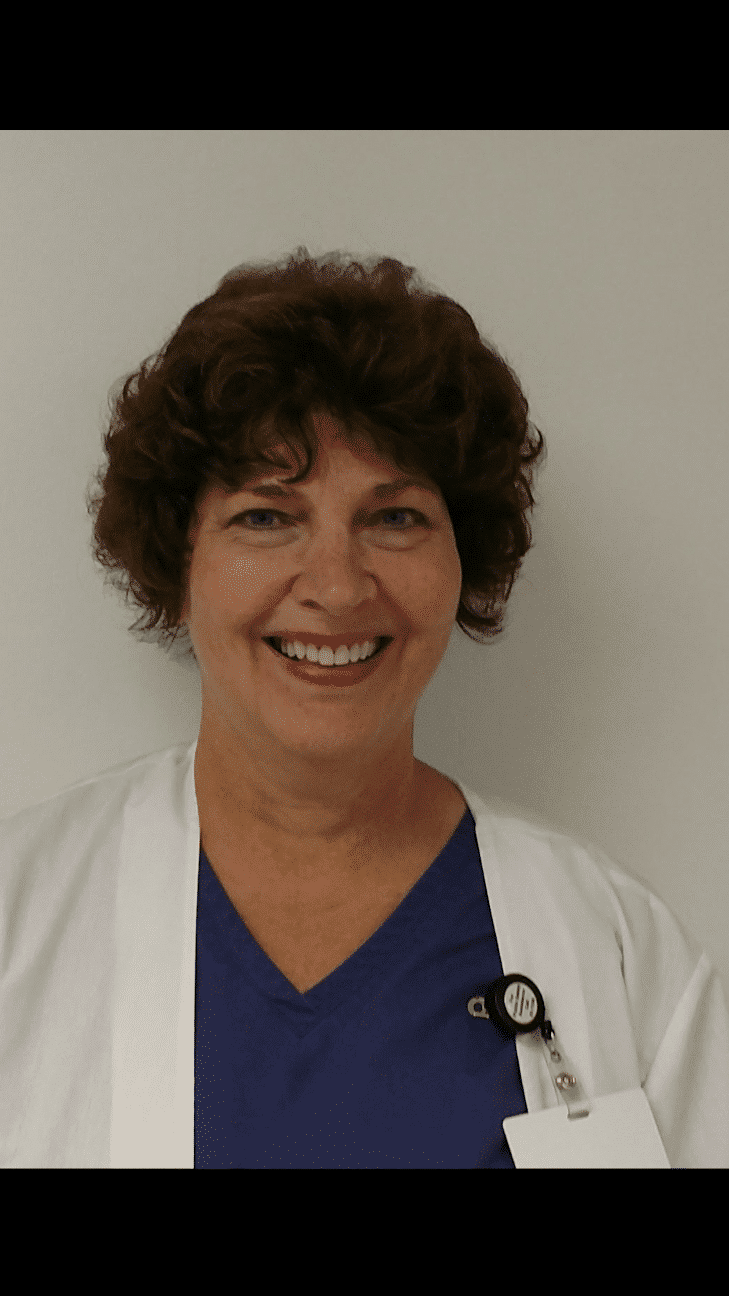
Just hours before the World Health Organization declared the coronavirus outbreak a global pandemic, I faced a classroom of 21 nursing students, each spaced six feet apart. They had come to take an important exam, and before we started, I asked them to pause and reflect on this moment in history.
“You are going through something unprecedented,” I said. “The world is about to see just how much nurses are needed.”
In 2015, after 35 years as a clinical nurse, I became an instructor to help address our country’s critical nursing shortage. Over my career, I’d felt the labor crisis palpably and seen it worsen to a breaking point. Today, 76.4 million Baby Boomers are aging into retirement and cases of chronic disease are skyrocketing. It’s no wonder colleagues are spread too thin, burning out and quitting. But it’s a serious problem. As one of the fastest growing occupations, our field needs an estimated 1.1 million new registered nurses to cover new jobs; it also needs to replace more than half a million nurses who are expected to retire by 2022, according to the American Nurses Association and the Bureau of Labor Statistics. Unfortunately, there aren’t enough nursing students to keep pace with this escalating demand.
Today, the coronavirus pandemic is pushing our health care system to the brink, but it has also fanned the flames of xenophobia. This reaction misses the crucial fact that talented immigrant health care professionals are vital to our medical establishment. Currently, about 16 percent of registered nurses are foreign born, according to New American Economy. From my experience in the field and as a teacher, I’ve been impressed by their nursing skills, compassion for patients and dedication to our mission of caring for the sick. While some research shows that about one in five nurses leaves within their first year, and one in three leave within two years, I find that immigrant nurses remain steadfast in the field. That’s why it’s so critical that we help them thrive.
The COVID-19 pandemic has made clear that nurses on the front lines need fortitude. I tell my students often that this work requires sacrifice, and that only the deeply committed should proceed. Perhaps because immigrant nursing students have already overcome so much – leaving home, learning a new language, navigating barriers of culture, policy and more – they’ve developed the resilience required to excel at this demanding work. I’ve taught several immigrant nursing students who were physicians in their home countries but decided to transition to the U.S. nursing industry. These physicians from Russia, Syria and beyond gladly jumped through numerous bureaucratic and financial hoops and worked at whatever level was available – be it a surgical tech or a research assistant – just so they could continue to serve patients as they pursued their nursing degree.
There are also immediate practical reasons why an immigrant nursing force is vital: They can reach these communities with language skills and cultural knowledge that other healthcare professionals may not have. This is especially important when it comes to undocumented communities. We need everyone at risk of infection to come forward, get tested and receive proper treatment, no matter their immigration status. Immigrant nurses have a major role to play in helping to counter this fear and bring vulnerable people out of the shadows. They can show all of us in the field how to best serve these and other vulnerable communities during this pandemic. And when this crisis ends, the United States must create new immigration policies to attract more of these devoted workers because the shortage will continue, and it will worsen.
I hope the coronavirus pandemic helps Americans understand the special role that nurses play in our darkest days, administering life-saving treatments and offering comfort in countless ways. This March, my mother died after months in hospice following a heart attack. Due of the coronavirus, we canceled her funeral service. Only her immediate family buried her. My 91-year-old father, who lives in assisted living and is immunocompromised, was not allowed to stand with us at her burial. He watched from the car as his wife was buried. During this time of grief, he lives in self-quarantine, unable to be with his family when he needs us most.
His only human contact? Nurses. They tend to him. They comfort him. They listen to his stories about his wife. They remind him that they are there for him.
If COVID-19 teaches us anything, it should be that this fight is not between nations—this fight is humanity versus the virus. And no one has a deeper appreciation of the basic human experience than nurses. We are there when your baby is born, and we are there when you’ve breathed your last breath. We are the ones guiding you through all the pain and joy that life offers. But to do this, America must recognize the crucial role that foreign-born nurses play and the unique talents they bring. We must welcome skilled and healing hands wherever we find them.

Dawn Davison is a retired registered nurse who previously worked at Advocate Good Samaritan Hospital. She currently teaches as an adjunct clinical nursing instructor at Olivet Nazarene University. She lives in Wheaton, IL.
##


